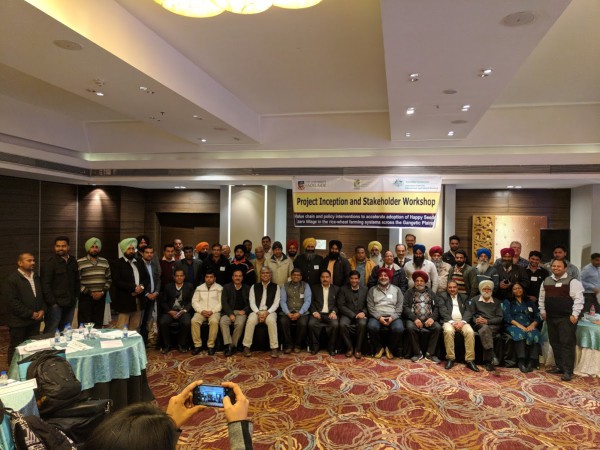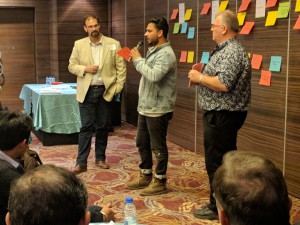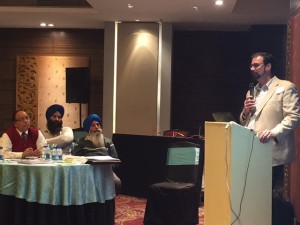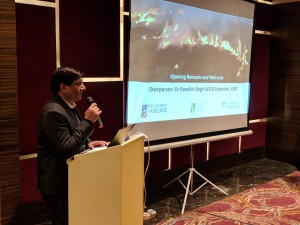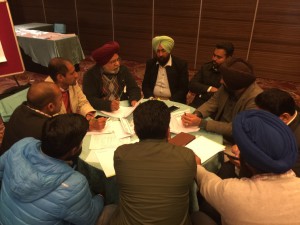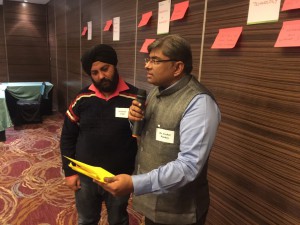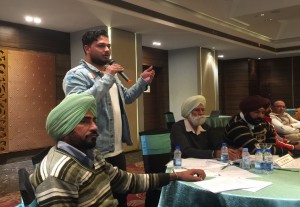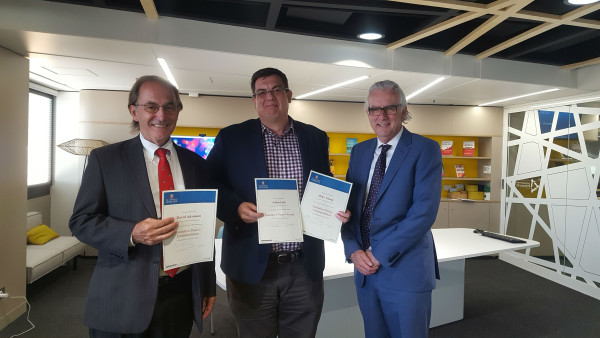
Imagine waking up in the morning and realising you have to drive a few kilometres and queue in a line to access the most basic need of life – WATER! Sadly, this will soon be reality for residents of Cape Town, South Africa, as what is termed ‘Day Zero’ comes closer; the day when a first world city runs out of water. For a major city of one of the most developed economies in Africa, this is a monumental crisis. April 21st will be the ‘Day Zero’ when the city runs out of all water resources at its disposal and the 4 million residents will have to line up at one of the 200 distribution centres to collect their allocated 25 litres/day.
How did this happen? Massive immigration from wealthy middle classes, construction of large house estates, golf estates coupled with the worst draught in over a century are the key reasons for the current water shortage in Cape Town. Climate change experts have predicted that it is going to get hotter and drier in the next 30 years leading to transformational changes in water levels, availability and accessibility at a global level.
On 23rd January 2018, Prof Mike Young of the University of Adelaide’s Centre for Global Food and Resources who is a leading expert in water policy was interviewed by CBC Radio, Canada to get his views on the impending water crisis of Cape Town. Prof Young estimates that by 2050, half of the world’s population will be living with absolute water scarcity.
The need of the hour is a new approach to water management. Understanding the difference between gross and net water use is critical to identifying water usage. Prof Young cited the example of Brisbane when the city went through a similar water shortage during 2006-07. Strategies like robust water management systems along with high compliance and community support helped Brisbane to manage the crisis. Prof Young highlighted the Australian experience of establishing structured water markets, which has taken more than 30 years. Creating awareness in the community has been instrumental in Australia’s successful water management even though it is the driest continent in the world.
As Cape Town gears up to deal with “Day Zero”, it is time that we realise the importance of this natural resource and not waste it. After all, water is life.
Blog prepared by Rohan Yargop with inputs from Prof. Mike Young.

